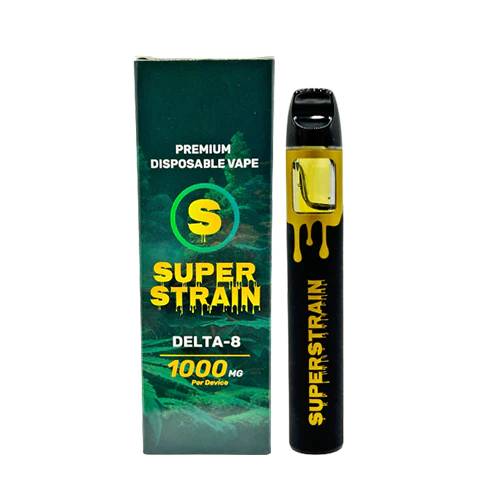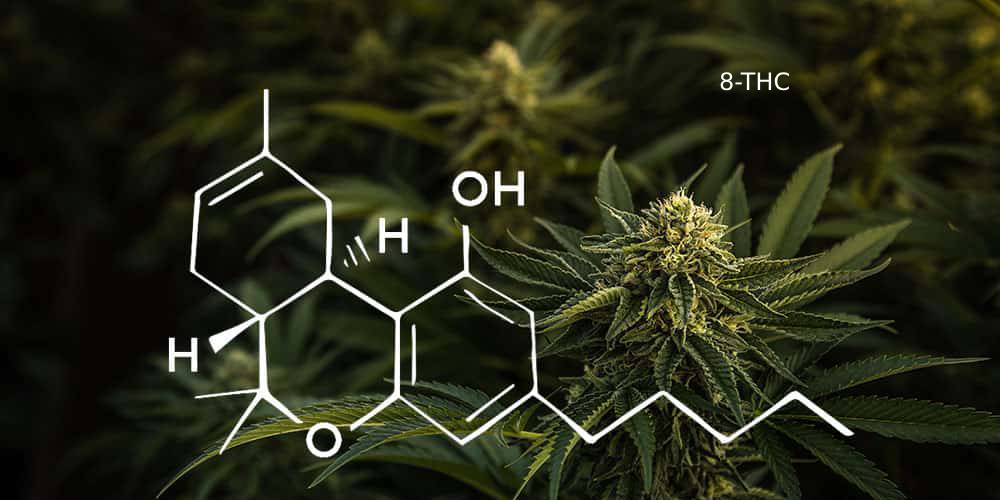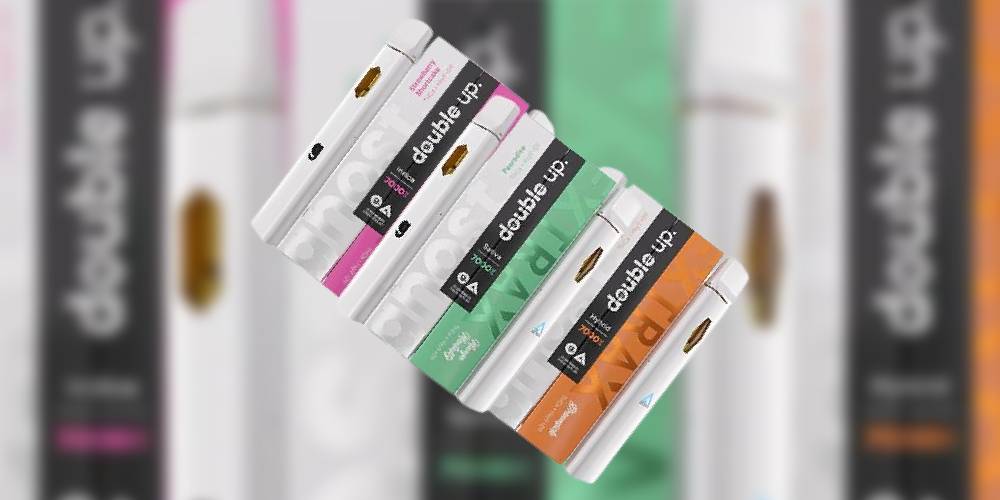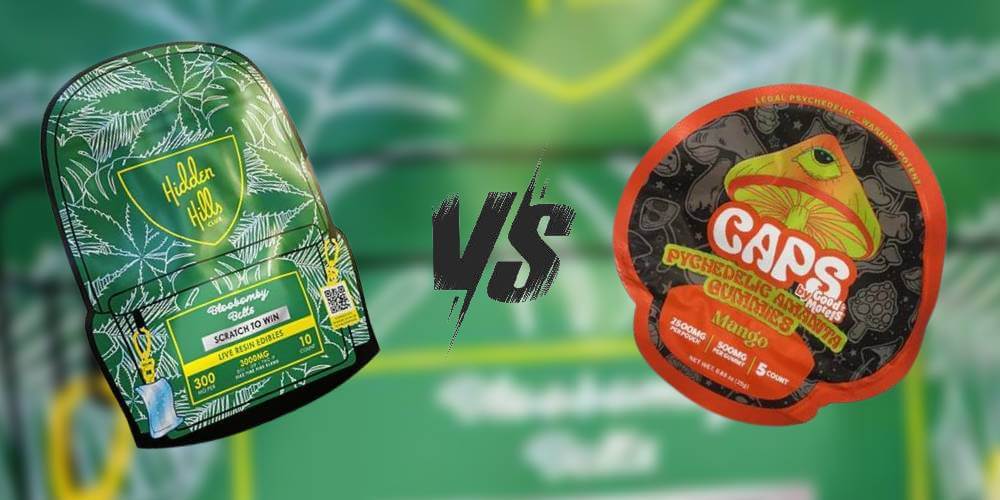Delta-8 THC has been banned in some states due to concerns over its legality, safety, and lack of regulation. As a derivative of the cannabis plant that falls into a legal gray area, delta 8 THC has sparked debate among lawmakers, public health officials, and consumers alike. This has led to a patchwork of regulations, with some states imposing bans or strict regulations on the sale and distribution of delta-8 products, including popular items like delta-8 vapes.
At the heart of the issue is the complex legal landscape surrounding cannabis and its derivatives. Delta-8 THC is chemically similar to delta-9 THC, the primary psychoactive component in marijuana, but it is often derived from hemp, a variety of the cannabis plant that was legalized at the federal level by the 2018 Farm Bill. The bill allows for the cultivation and sale of hemp and hemp-derived products, provided they contain less than 0.3% delta-9 THC by dry weight. However, the legal status of delta-8 THC remains ambiguous, as the bill did not explicitly address this compound.
This ambiguity has led to differing interpretations of the law among states. Some have chosen to explicitly ban delta-8 THC, citing concerns about its psychoactive effects and the potential for misuse. Others have regulated it in a manner similar to delta-9 THC, requiring it to be sold in licensed dispensaries. The lack of clear federal guidance has left states to navigate this issue on their own, resulting in a fragmented legal landscape.
Safety concerns also play a significant role in the decision to ban or restrict delta-8 THC. Due to its relatively recent emergence on the market, there is limited research on the long-term effects of delta-8 THC use. This lack of data, combined with reports of adverse effects and hospitalizations linked to the use of delta-8 products, has raised alarms among public health officials. The absence of standardized testing and quality control in the unregulated market further exacerbates these concerns, as products may contain impurities or higher levels of THC than labeled.

Another factor contributing to the bans and restrictions is the marketing and accessibility of delta-8 products. These products are often available online and in stores not licensed to sell cannabis, making them more accessible to minors. The packaging and marketing of delta-8 products, which sometimes mimic popular snacks and candies, have led to concerns about their appeal to children and adolescents.
Despite these challenges, there is a growing interest in delta-8 THC for its unique effects, which some users describe as less intense than those of delta-9 THC. This has led to a burgeoning market for delta-8 products, including edibles, tinctures, and delta 8 vape. However, the legal and regulatory uncertainty surrounding these products poses significant challenges for both consumers and businesses.
In response to these issues, some states and industry stakeholders are calling for clearer regulations and standards for the production, testing, and sale of delta-8 THC products. They argue that proper regulation can address safety and quality concerns while allowing consumers access to these products under a legal framework. This would require a concerted effort from lawmakers, regulators, and the cannabis industry to navigate the complex legal and scientific landscape surrounding delta-8 THC.
As the debate over delta-8 THC continues, it remains to be seen how states will navigate these regulatory challenges. What is clear, however, is that the future of delta-8 THC and its place in the cannabis market will depend on a delicate balance of legal clarity, safety considerations, and consumer demand.
In conclusion, the banning of delta-8 THC in some states reflects the complex interplay of legal ambiguities, safety concerns, and regulatory challenges. As the cannabis industry continues to evolve, it will be crucial for stakeholders to work together to address these issues, ensuring that consumers have safe, legal access to delta-8 products while preventing potential harms. The path forward will require careful consideration of the legal, health, and societal implications of delta-8 THC, as we strive to navigate the ever-changing landscape of cannabis regulation.



